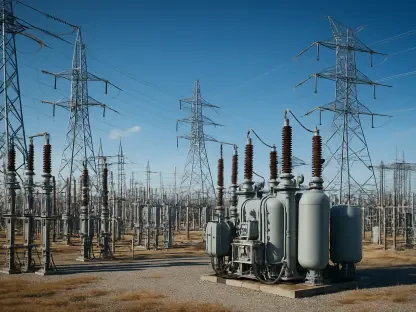A significant power outage in April led to a widespread blackout that crippled both Spain and Portugal, demanding urgent attention from energy authorities. The situation compelled Portugal to request an independent investigation by the European Agency for the Cooperation of Energy Regulators (ACER). This initiative, driven by Portugal’s acting energy minister Maria da Graça Carvalho, aims to ensure that the root causes of the outage are thoroughly examined with confidence, impartiality, and transparency. The crisis importantly underlined weaknesses in the power infrastructure across the Iberian Peninsula and raised critical questions about energy resilience and security in the region. The impetus for involving ACER stems from ensuring unbiased results, crucial for restoring trust in the grid.
Unveiling the Causes: The Role of ACER
The outage seemingly originated from an unexpected loss of power generation in Granada, sparking a domino effect impacting Badajoz and Seville. Consequently, speculation has inclined toward potential cyber threats, sabotage, or human error as possible culprits. Nonetheless, no concrete evidence linking these factors to the blackout has emerged. This absence of clear causative proof is where ACER’s role becomes vital. A specialized investigation led by ACER holds the promise of unveiling accurate insights and dispelling ambiguity surrounding the incident. By providing a rigorous examination process and utilizing its expertise in energy regulations, ACER’s findings might illuminate the exact trigger mechanisms and prevent similar occurrences in the future. The agency’s unbiased evaluation could also play a significant part in developing tailored strategies to fortify electrical networks against such susceptibilities.
Toward a More Integrated Future
The recent blackout exposed the Iberian Peninsula’s concerning delay in energy integration with Europe’s network. Currently, the region’s interconnection level is just 3%, starkly contrasting the EU’s ambitious target of 15% in five years. This incident served as a wake-up call, emphasizing the urgent need for Portugal, and indeed the entire peninsula, to bolster the resilience of their electricity infrastructure. Portuguese authorities labeled this as a “strategic imperative,” bringing attention to fortifying the national energy system as a priority. Portugal’s proactive approach and call for European collaboration reflect a growing consensus on the importance of enhancing energy interconnectivity across Europe. The review’s outcome could spark extensive energy policy reforms that advance efforts to secure the continent’s energy future. By seeking ACER’s impartial analysis, Portugal aims not just to address immediate system vulnerabilities, but also to catalyze discussions for broader energy integration across the European community, paving the way for a more reliable energy landscape.









